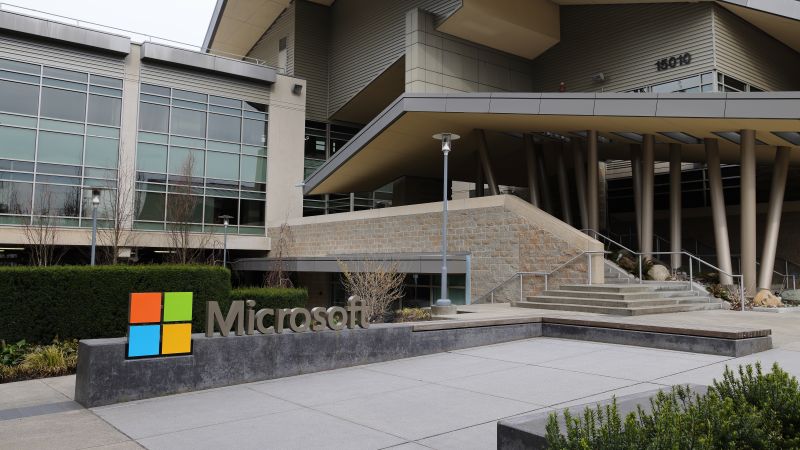Microsoft recently announced that it has developed a new artificial intelligence model that can create photorealistic videos from still images and voice clips. The model can animate not only live-action faces, but also cartoon and artistic faces, and it perfectly captures mouth shapes and natural facial and head movements. The AI model, named VASA-1, is fun, but it's also so realistic that it can be a little unnerving. Microsoft says VASA-1 "can be used to improve accessibility for people with educational or communication disabilities, or to create virtual companions for humans." However, some in the industry have expressed concern that the tool could be abused and used to impersonate real people.
마이크로소프트는 최근 정지 이미지와 음성 클립을 입력하면 사실적인 영상을 만들어내는 새로운 인공지능 모델을 개발했다고 발표했다. 이 모델은 실사 얼굴뿐만 아니라 만화나 예술 작품의 얼굴까지도 움직일 수 있으며, 입 모양과 자연스러운 얼굴 및 머리 움직임까지 완벽하게 표현한다. 바사-1(VASA-1)이라는 이름의 이 인공지능 모델은 재미있지만 너무나 사실적이어서 다소 불편함을 느낄 수도 있다. 마이크로소프트는 VASA-1을 "교육이나 소통 장애가 있는 사람들의 접근성 향상에 활용할 수 있으며, 혹은 인간을 위한 가상 동료를 만들 수도 있다"고 말했다. 하지만 업계에서는 이 도구가 악용되어 실제 사람을 사칭하는 데 사용될 가능성도 존재한다며 우려를 표명하기도 했다.

